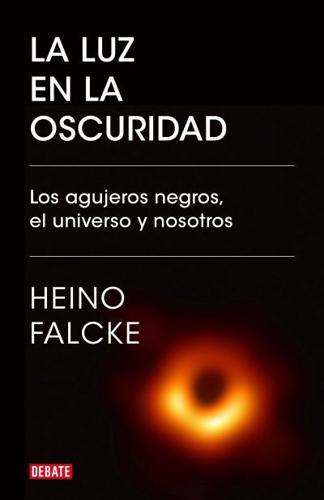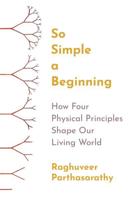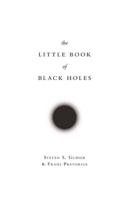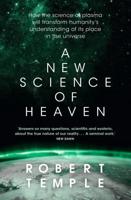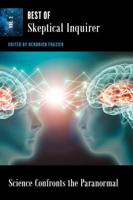Publisher's Synopsis
Un viaje extraordinario a los lìmites del tiempo, el espacio y la mente humana.
El 10 de abril de 2019 un equipo internacional de astrónomos liderados por el profesor Heino Falcke maravilló al mundo publicando la primera imagen de un agujero negro. Por fin la comunidad cientìfica conseguìa la prueba irrefutable de lo que Einstein habìa predicho en su teorìa de la relatividad acerca de estos fenómenos hacìa más de cien años. Sin embargo, las implicaciones de este hallazgo van más allá: si bien son objetos relativamente simples de definir, los agujeros negros plantean algunos de los interrogantes más complejos sobre la naturaleza del espacio, del tiempo, y, por último, de nuestra existencia.
En este libro, Falcke no solo nos narra la emocionante historia de esta proeza cientìfica, sino que da un paso más intentando responder a las grandes preguntas filosóficas que este hito plantea: ¿existe algo más allá de la nada?, ¿puede la ciencia explicar lo inexplicable?, ¿cuál es el origen de nuestra existencia y qué sentido tiene nuestro paso por el mundo?
Para Heino Falcke, la astrofìsica y la metafìsica, la razón y la fe, no tienen por qué excluirse mutuamente. La luz en la oscuridad es un poderoso alegato a favor de la ciencia que nos habla de lo que sabemos pero también de los misterios que quedan por resolver.
ENGLISH DESCRIPTION
A fascinating and thought-provoking investigation into the nature of black holes-a blend of the spiritual, the philosophical, and the scientific-from the premier German astrophysicist who made history in 2019, capturing the first one on film.
A Light in the Darkness is the story of one of the greatest astrological achievements of all time: the first photographic evidence of black holes in April 2019, and its significance for humanity, told by the scientist who accomplished it. A man of faith ordained in the Protestant tradition, Heino Falcke wrestles with the ways in which black holes force us to confront the boundary where human life ends and the celestial begins. He also ponders why black holes are difficult for most of us to understand-comparing it to our inability to envisage our own inevitable death.
Black holes develop in outer space when a massive star dies, and its matter is condensed. That extreme amount of mass contained in a small space generates a gigantic amount of gravitational force, allowing the black hole to suck up everything that comes near, including light. These astronomical wonders are the subject of our greatest scientific and philosophical theorizing-the journey to a black hole would be the journey to the end of time itself. In this way, Falcke regards them as the most exquisite representations of fear, death . . . and, surprisingly, the divine.
Empirical and profound, A Light in the Darkness is the first work to examine both the physical nature and spiritual meaning of black holes, those astrophysical mysteries Falcke, calls "the epitome of merciless destruction."
